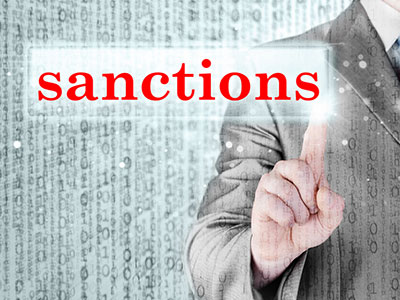(Editorial Note: This is our first of a two-part series exploring recent litigation under the newly-enacted Defend Trade Secrets Act.)
In late May 2016, Magic Leap, Inc. became a pioneer in trade secrets litigation when it became one of the first to venture into the uncharted waters of the Defend Trade Secrets Act. Magic Leap—a developer of technologies used for 3D renderings in augmented reality—sued two of its former employees for trade secret misappropriation under the DTSA in federal court in the Northern District of California. As we recently reported, President Obama signed into law what some consider the “most significant” intellectual properly legislation since the Lanham Act. READ MORE





